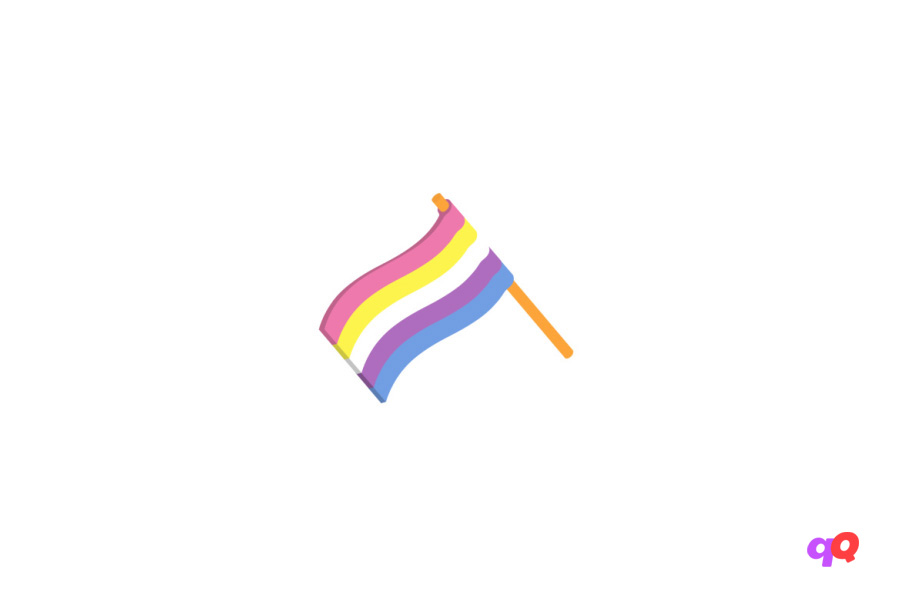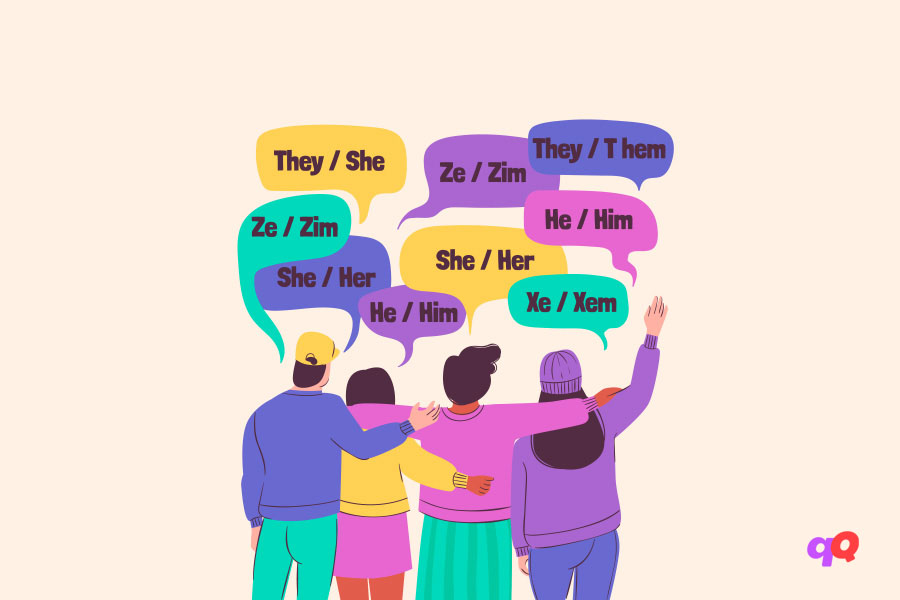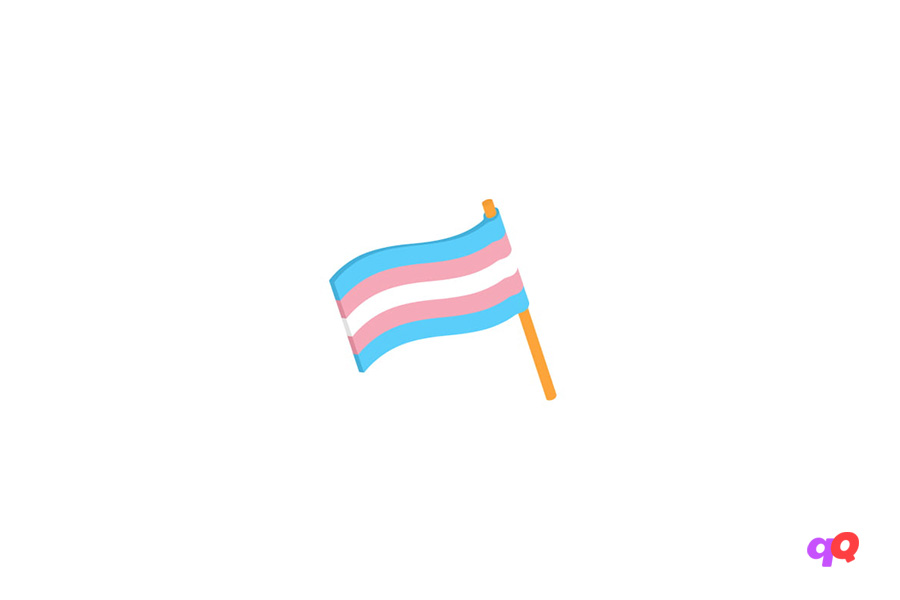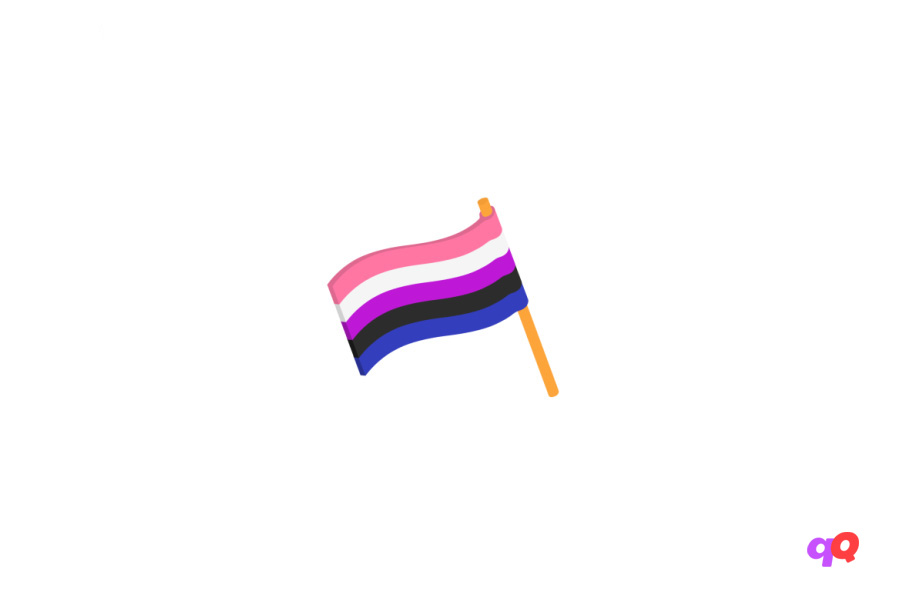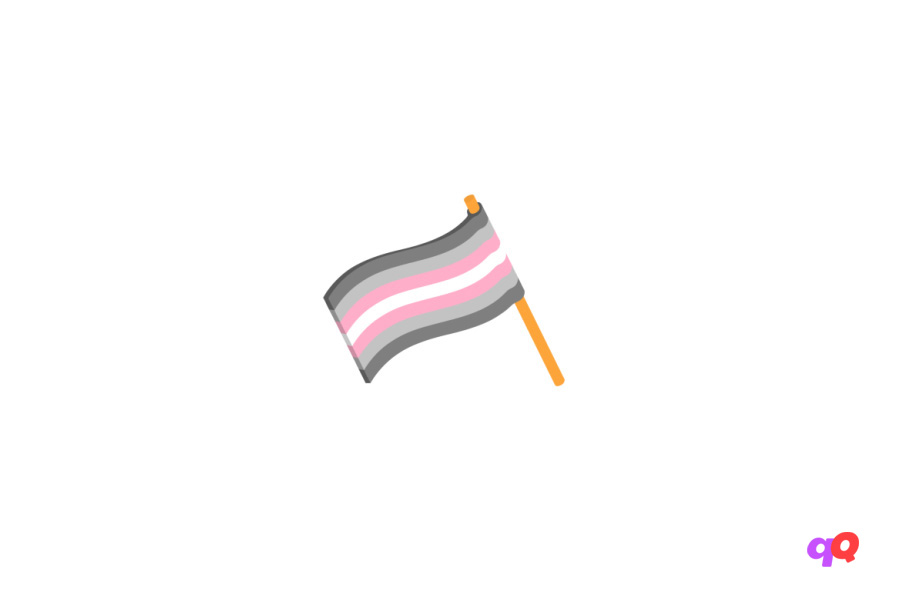Quiz: Am I Cisgender?
○ DISCLAIMER
The quizzes and content on this website are designed for entertainment purposes only and should not be used as a basis for making personal decisions about your sexuality, gender identity, or any other life choices. These quizzes are not diagnostic tools and cannot determine your identity or orientation. If you're questioning your identity or need support, we strongly encourage you to seek guidance from qualified LGBTQ+ friendly professionals or counselors. Remember that your journey of self-discovery is unique and personal to you.
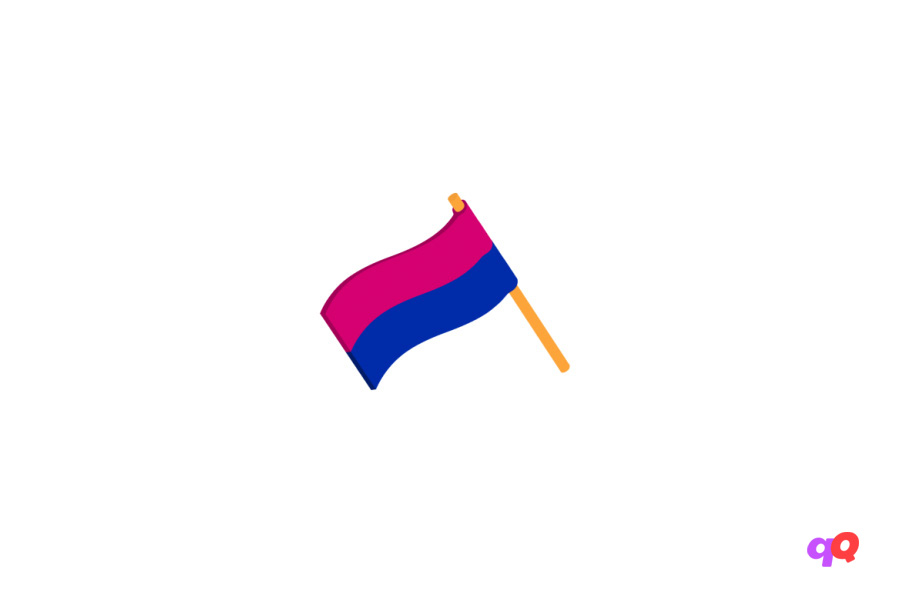
Imagine that you’ve been breathing air your entire life without thinking about the breathing process. And suddenly someone asks: “Are you sure you’re breathing correctly?” This is roughly how many people relate to their gender identity – it’s so natural that they don’t even think about it. But what if you stopped and asked yourself: “Am I really cisgender?” Our quiz will help you explore this aspect of your personality that you may have never deeply analyzed.
What Does Cisgender Mean?
The term “cisgender” appeared relatively recently – in the 1990s, it was introduced by German sexologist Volkmar Sigusch. The prefix “cis-” comes from Latin and means “on this side,” as opposed to “trans-” – “on that side.” If transgender people cross the boundary between their assigned sex at birth and their true gender identity, then cisgender people remain “on this side” – their internal sense of gender matches what was determined at birth.
But it’s important to understand: cisgender identity isn’t simply “the absence of transgender identity.” It’s a complete gender identity with its own characteristics and features. A cisgender person actively (though often unconsciously) identifies with their assigned sex, feels comfortable in corresponding social roles, and doesn’t experience gender dysphoria – psychological discomfort from the mismatch between internal feelings and external gender expression.
Interesting fact: According to various estimates, 95% to 99% of the world’s population is cisgender. But this doesn’t make cisgender identity the “norm” or “standard” – it’s simply a statistically more common variant of gender identity.
Understanding Our Cisgender Quiz
Our quiz is built on a deep understanding of the psychological and social aspects of gender identity. We don’t simply ask “Are you comfortable with your gender?” – that would be too superficial. Instead, we explore multiple nuances: from childhood memories to current social interactions, from attitudes toward your body to perceptions of gender roles.
The quiz questions touch on various spheres of life:
- Emotional reactions to gender markers (name, pronouns, forms of address)
- Bodily experience and attitude toward physical characteristics
- Social interactions and comfort in gender groups
- Internal sensations and fantasies about your own identity
- Reactions to gender stereotypes and societal expectations
It’s important to understand: the quiz doesn’t make a “diagnosis” or attach labels. It helps structure self-observation and ask the right questions for further self-exploration.
Signs of Cisgender Identity That We Based Our Quiz On
When developing the quiz, we identified key markers that help determine cisgender identity. These signs are based on research in gender psychology and cover various aspects of self-perception – from bodily experience to social interactions. It’s important to remember that having all the signs isn’t necessary, and their manifestation can vary among different people.
Natural Acceptance of Assigned Sex
The first and perhaps most obvious sign is the feeling of “rightness” about the sex that was determined at birth. Cisgender people usually don’t experience internal conflict when they’re called “man” or “woman” in accordance with their biological sex. This doesn’t mean they necessarily conform to all gender stereotypes – a cisgender woman might love football and wear short hair, while a cisgender man might do ballet and paint his nails. The key point is the internal sense of correspondence.
Absence of Gender Dysphoria
Gender dysphoria is a clinical term describing the distress that people experience due to the mismatch between their gender identity and assigned sex. Cisgender people are usually unfamiliar with such experiences. They don’t feel discomfort when seeing their reflection, don’t experience alienation from their body, don’t suffer because others perceive them in accordance with their biological sex.
Comfort in Gender-Specific Spaces
Cisgender people usually feel natural in spaces designated for their assigned sex: locker rooms, bathrooms, gender-separated groups. This doesn’t mean they necessarily like such separation or consider it necessary – they simply don’t experience internal conflict or a sense of “wrongness” about their presence there.
Consistency of Internal Feelings Throughout Life
Although understanding of gender can evolve and deepen with age, cisgender people usually don’t experience fundamental shifts in their gender identity. Their childhood games, teenage experiences, and adult experiences demonstrate a certain consistency in gender self-perception.
Absence of Fantasies About Living in Another Gender
Of course, curiosity is natural, and many people might wonder “What would it be like to be the opposite sex?” But for cisgender people, this remains at the level of abstract interest, not deep desire or need. They don’t dream of waking up in another sex’s body, don’t imagine their life as happier or more correct in a different gender role.
Why Gender Self-Identification Matters
In a world where gender issues are becoming increasingly visible and discussed, understanding your own identity takes on special significance. And it’s not just about political correctness or following trends – it’s a matter of psychological well-being and authenticity.
First, recognizing your cisgender identity helps you better understand the experience of transgender and non-binary people. When you acknowledge that your comfort with your assigned sex isn’t a universal experience but your personal characteristic, it becomes easier to show empathy toward those whose experience differs.
Second, exploring gender identity can reveal unexpected aspects of your personality. Perhaps you’ll discover that some of your preferences or behavioral patterns were dictated not by internal needs but by social expectations. Or conversely – you’ll understand that your gender identity is so natural for you that you never thought about its value.
Third, in an era when gender roles are becoming increasingly flexible, it’s important to understand what being a man or woman means specifically to you. This knowledge will help build more authentic relationships, make conscious life choices, and resist imposed stereotypes.
Finally, taking such a quiz is an act of self-knowledge. Regardless of the result, you’ll learn something new about yourself. Maybe you’ll strengthen your cisgender identity, or maybe you’ll discover that your gender identity is more complex than you thought. In any case, this knowledge will make you a more complete and conscious person.
Remember: gender identity is a spectrum, not a binary system. Being cisgender isn’t boring or mundane, just as being transgender isn’t exotic or strange. These are simply different ways of living the human experience, and each deserves respect and understanding.
○ Related Quizzes
Questions Overview
- Feel a strong alignment with the gender I was assigned at birth.
- Sometimes question if my gender identity matches the one I was assigned at birth.
- Don't really resonate with the gender I was assigned at birth.
- Know for sure my gender identity doesn't match the one I was assigned at birth.
- Tick the box that corresponds to my birth-assigned gender without hesitation.
- Feel a slight discomfort but eventually choose my birth-assigned gender.
- Hesitate and consider choosing the "Other" box or not ticking any box at all.
- Choose the opposite of my birth-assigned gender.
- Completely at home with the gender roles and expectations of my assigned gender.
- Mostly okay, but sometimes wished I could explore the roles of the opposite gender.
- Confused by why I had to stick to my assigned gender roles.
- I was in the wrong role and envied kids of the opposite gender.
- Feel comfortable with the pronouns that align with my birth gender.
- Don't mind my birth gender pronouns but also enjoy when others are used.
- Cringe a little inside but don't correct them.
- Feel like they're talking about someone else entirely.
- See someone who clearly represents the gender they were assigned at birth.
- See a mix of the gender I was assigned at birth and other gender expressions.
- Wish I looked more ambiguous or neutral.
- See a stranger looking back.
- Head straight to the section of my assigned gender.
- Wander between sections, choosing what feels right in the moment.
- Seek out gender-neutral or androgynous options.
- Shop exclusively in the section opposite to my birth gender.
- Feels totally natural and right.
- Is mostly comfortable with occasional daydreams of a different life.
- Makes me feel restricted or limited.
- Feels like a nightmare I can't escape.
- Recall mostly conforming to the expectations of my birth gender.
- Remember moments of pushing the boundaries but also conforming at times.
- Remember feeling out of place in my birth gender most of the time.
- Often think about how I was playing a role I never connected with.
- Choose the same gender I was assigned.
- Maybe roll the dice and leave it to chance.
- Opt for something more fluid or non-binary.
- Definitely pick a gender different from what I was assigned.
- Appear as my birth-assigned gender.
- Sometimes appear as other genders but mainly as my birth gender.
- Rarely identify with my birth gender.
- Never see myself as my birth-assigned gender.
- Feel completely out of place and miss my current gender role.
- Adapt but occasionally miss some aspects of my current gender role.
- Embrace the change and feel liberated.
- Feel like I've finally found where I belong.
- Mostly identify with characters of my birth gender.
- Feel drawn to characters of all genders but slightly favor my birth gender.
- Often resonate with characters of a different gender than my assigned one.
- Can't understand why I was not born as the opposite gender.
- Rarely question or doubt my birth-assigned gender.
- Listen with curiosity but mostly feel aligned with my birth gender.
- Often share feelings of uncertainty about my gender identity.
- Express my disconnect with my birth-assigned gender.
- Politely decline and stick with my current one.
- Consider it but likely end up choosing my birth gender.
- Jump at the chance for a more fluid identity.
- Without hesitation, choose a different gender.
- A straight road, always knowing where I'm headed.
- A scenic route with some twists and turns, but a clear direction.
- A winding mountain path, with lots of exploration and self-discovery.
- A maze where I often feel lost and yearn for clarity.


